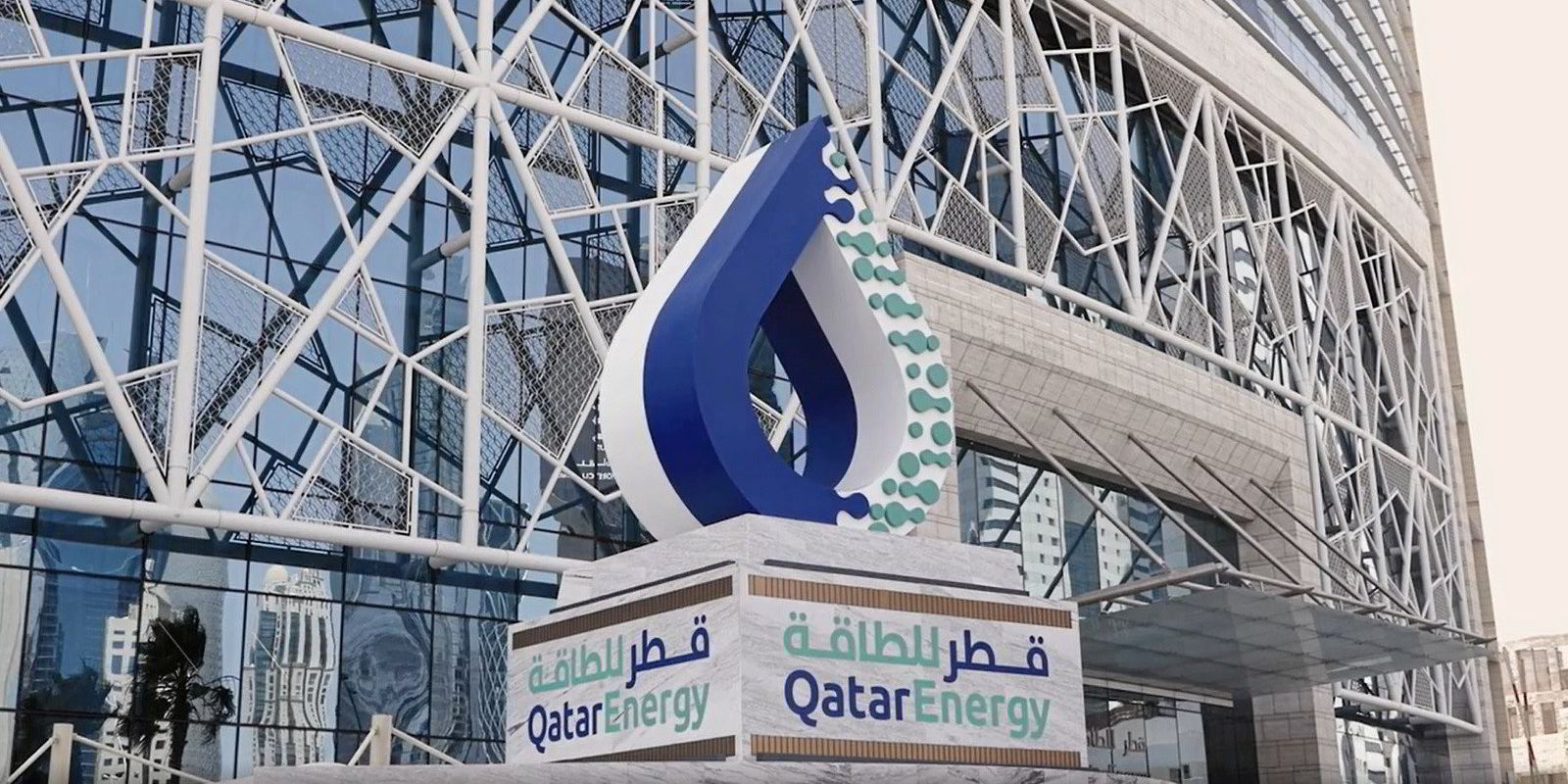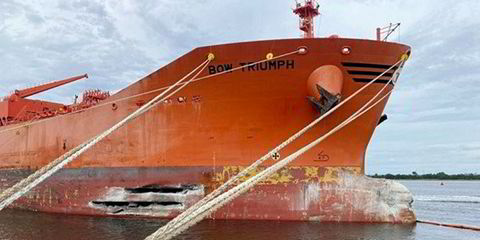LNG shipments from QatarEnergy are being delayed because vessels are having to make the longer voyage around the Cape of Good Hope to avoid the Red Sea-Suez Canal route.
In a rare statement, QatarEnergy said: “While the ongoing developments in the Red Sea area may impact the scheduling of some deliveries as they take alternative routes, LNG shipments from Qatar are being managed with our valued buyers.”
But it also moved to dampen down industry reports of possible interruptions to its supply, adding: “QatarEnergy confirms that Qatar’s LNG production continues uninterrupted, and our commitment to ensuring the reliable supply of LNG to our customers remains unwavering.”
All LNG carriers have been avoiding the Red Sea area in the past 10 days following the wave of missile attacks from Houthi militants in Yemen. Almost 30 merchant vessels have come under fire.
On 16 January, QatarEnergy rerouted three vessels around the cape after pausing them off Oman on their planned voyages west through the Suez Canal.
The 210,100-cbm Al Ghariya, 217,000-cbm Al Huwaila (both built 2008) and 210,200-cbm Al Nuaman (built 2009) are shown today on Kpler data as rounding the Cape.
Another Qatari vessel, the 145,000-cbm Umm Bab (built 2005), which had been moving east in ballast through the Mediterranean towards the Suez Canal entrance last week, is now moving southbound in ballast down the coast of West Africa.
Shipbroker Fearnleys said last week that continued avoidance of the Suez Canal could significantly increase shipping demand for the Qatar to Europe cargoes due to the longer voyage times and may halt this year’s falls in spot charter rates.
Spot charter rates for 174,000-cbm two-stroke LNG carriers have fallen into the $50,000 per day region in the past few days.
Shipbroker Braemar said Suez transits are not as important for LNG as for other shipping segments. But it added that shipments will require “programme reshuffling and cargo swaps” to avoid disrupting the chain.
Other market players have voiced concerns that the continued avoidance of Suez could lead to more regionalised LNG shipments, which would in turn have a negative effect on demand for shipping.






